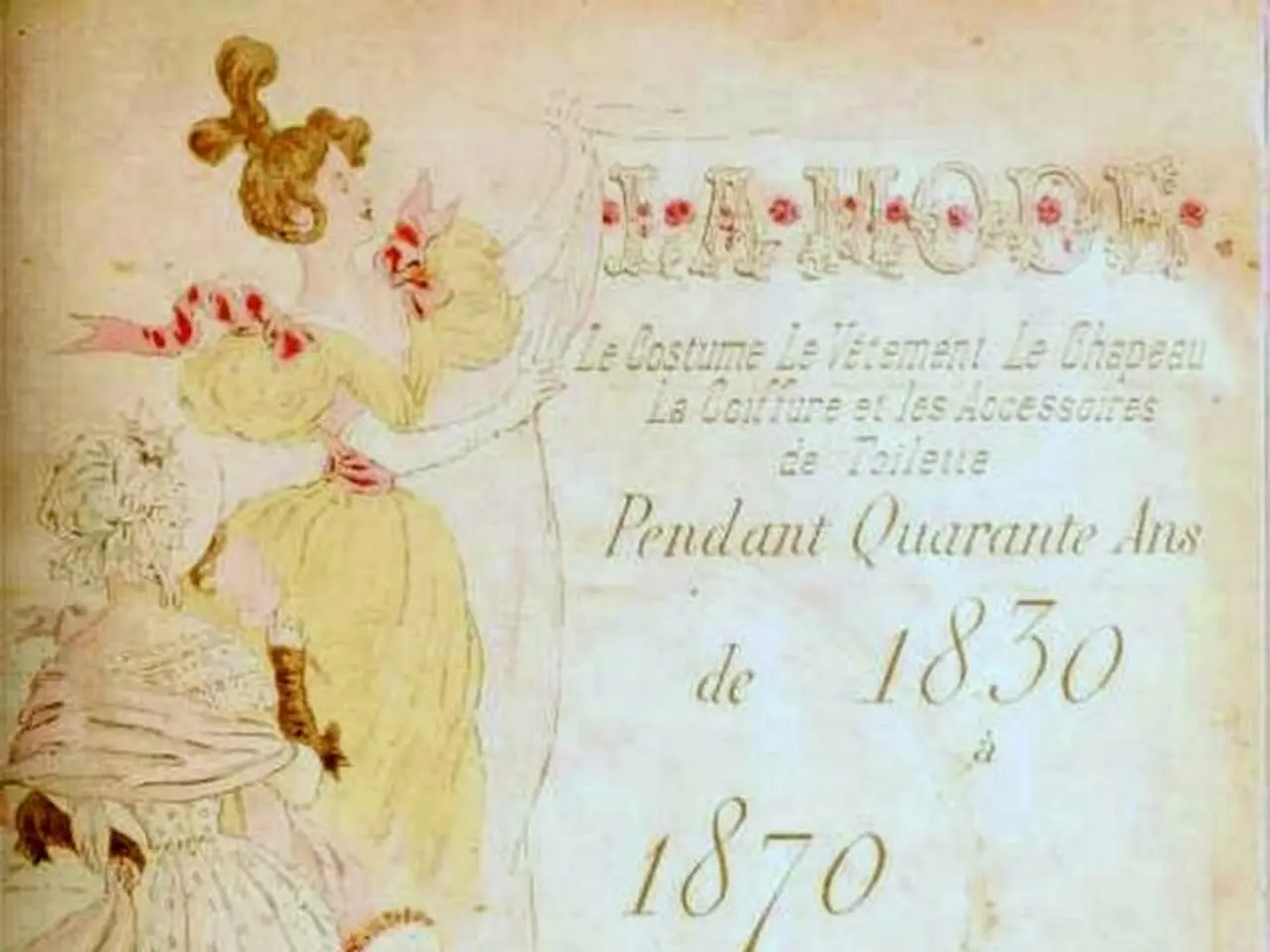Drop in numbers of Canadian female soldiers involved in United Nations missions
Canada, a long-time advocate for women's participation in peacekeeping operations, has seen a significant drop in its involvement in United Nations (UN) missions. This decline, coupled with a lack of gender parity, has raised concerns about Canada's commitment to its feminist foreign policy.
In 2017, Prime Minister Justin Trudeau launched a campaign to make Canada a global leader in promoting women in peacekeeping. However, the latest UN statistics show that only 29 Canadians are deployed in the 11 current UN peacekeeping missions, and currently, there are only two female military personnel deployed in these missions.
The UN goal is for 22% of the 1,900 Canadian Armed Forces (CAF) members deployed in these missions to be women. Unfortunately, none of them meet this target. This disappointing figure has been a cause for concern among experts like Professor Jane Boulden of the Royal Military College of Canada and Queen's University. She believes that this could harm Canada's image and make it less credible when Ottawa proposes such initiatives in the future.
The decline in Canada's peacekeeping involvement can be traced back to the 2000s, when the military shifted its focus to counter-insurgency during the conflict in Afghanistan. Retired Brigadier General Gregory Mitchell noted that peacekeeping as a whole had been pushed to the sidelines since Canada's interventions in Bosnia and Somalia in the 1990s.
At its peak in 1993, Canada was one of the leading contributors to UN missions, with a total of 3,300 military personnel deployed. However, this is no longer the case, with Canada now ranking 74th in the number of military personnel sent on missions.
Walter Dorn, a professor of defense studies at the Royal Military College of Canada, stated that these poor results show that Ottawa has abandoned its former political priority. He believes that this could harm Canada's image on the international stage.
Despite the decline in peacekeeping participation, the number of women in the CAF contributing to peacekeeping has decreased to its lowest level. Women make up approximately 16% of regular force members and around 21% of officers in the CAF. However, during the peacekeeping mission in Mali from 2018 to 2023, the percentage of Canadian women in uniform serving in peacekeeping missions reached 25%.
Former Canadian peacekeepers are not surprised by the overall low statistics for both men and women. They attribute this to the military's focus on counter-insurgency and the lack of resources dedicated to peacekeeping operations.
It's important to note that Canada is still actively involved in peacekeeping efforts. The Department of National Defense stated that there are currently six women deployed in total, four police officers in the Democratic Republic of the Congo and two members of the Canadian Armed Forces deployed in missions in the Middle East and South Sudan. Three of the six police officers deployed are women.
In addition, currently, there are 1,900 CAF members deployed in Latvia as part of a deterrence mission following Russia's invasion of Ukraine. This shows that Canada continues to play a significant role in maintaining international peace and security.
However, it's clear that Canada needs to reevaluate its approach to peacekeeping and work towards increasing the participation of women in these operations. This is not only a matter of gender parity but also a matter of maintaining Canada's reputation as a global leader in promoting women's rights.
Read also:
- Peptide YY (PYY): Exploring its Role in Appetite Suppression, Intestinal Health, and Cognitive Links
- Toddler Health: Rotavirus Signs, Origins, and Potential Complications
- Digestive issues and heart discomfort: Root causes and associated health conditions
- House Infernos: Deadly Hazards Surpassing the Flames








